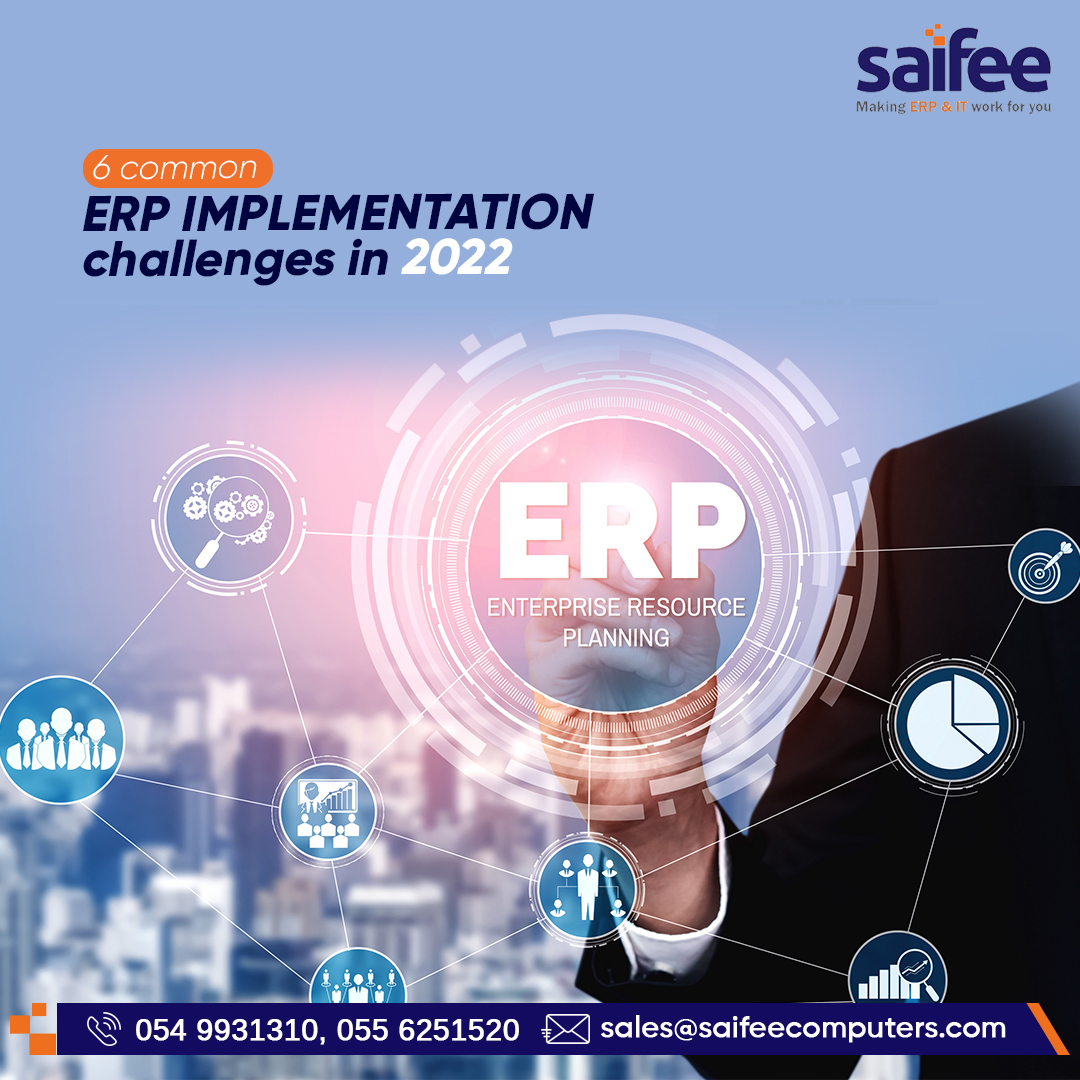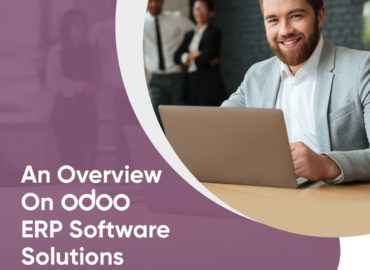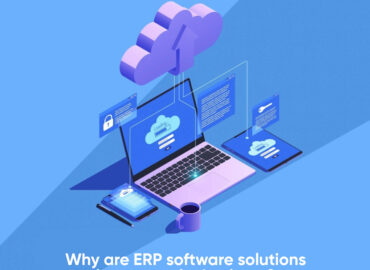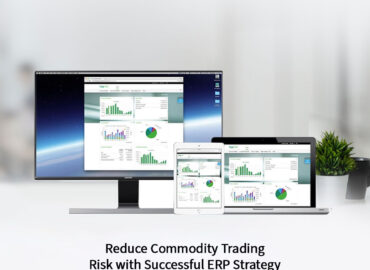Enterprise Resource Planning ( ERP) automates processes and provides a centralized source of data for all teams at your company to increase productivity and efficiency. However, ERP implementation can be complex and sometimes difficult, because it affects people and business processes across the entire organization.
One of the most difficult ERP implementation challenges is convincing users and functional groups to change their behavior to work with the new solution. Driving this change necessitates strong project management and senior leadership support. To create the new system, the organization requires a dedicated project team that represents all ERP platform users. This ensures that the software will meet the needs and business processes of all departments throughout the organization.
Here are 6 common ERP implementation challenges that a company might face in 2022:
- Project management: ERP implementations include several stages, including discovery and planning, design, development, etc. Each phase introduces critical tasks, and all elements must remain on track, which necessitates meticulous project management. This can be extremely difficult because each department is juggling multiple priorities in addition to its ERP project responsibilities.
- Planning a project: Organizations frequently underestimate the amount of time and money required for a successful implementation. Creating a clear and realistic plan from the start can assist in avoiding issues. A realistic project plan that anticipates and addresses potential speed bumps and minor cost overruns will simplify decision-making and keep the project on track.
- Integration of data: One of the primary benefits of ERP is that it provides a centralized, accurate source of data for the entire organization. Data migration, which typically involves moving data from multiple older systems into the ERP database, is a critical step in ERP implementation. A well-planned data migration can aid in keeping the entire ERP implementation project on track and within budget. Underprioritizing data migration, on the other hand, can result in issues such as inaccurate or duplicate data and challenges to your go-live date.
- Data quality: Once all data sources have been identified, the organization can consider migrating them to the ERP system. However, this may necessitate a thorough data hygiene exercise. Organizations frequently have duplicate versions of the same information in their systems because multiple departments interact with the same customers, products, and orders. Before migrating data to the ERP system, ensuring data quality can become a large project in and of itself, involving validating the data, cleaning out duplicates, and adding missing values.
- Change management : ERP implementation entails much more than simply switching to a new software system. It usually entails redesigning business processes to take advantage of the new solution’s potential for increased efficiency and productivity. Many employees will need to change their mindsets and their daily work processes as a result of this, which will present typical change management challenges.
- Cost overruns : ERP projects are notorious for blowing past budgets once implementation begins. Many organizations underestimate the amount of work required to transition to a new business system, resulting in overspending. These cost overruns frequently manifest themselves in a variety of ways.
Saifee Computers understand that all organizations may have their own set of unique requirements. We bring a range of products like Quickbooks , Zoho Books , Sage 50 UK , Sage 200 Evolution , Odoo ERP , and other ERP software in UAE with a wide variety of benefits to choose from and at the same time, we extend the capabilities of such product by customization where possible. Contact us if you are looking for ERP solution providers in UAE.




